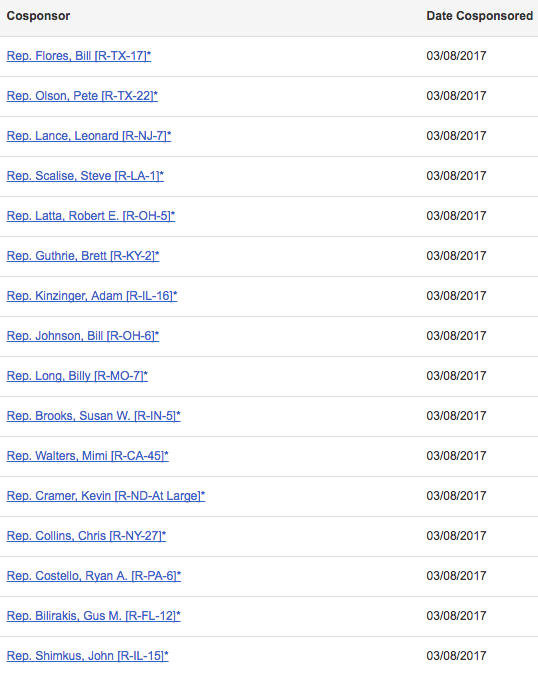Your Internet Data May Become Available to the Highest Bidder

By:
Internet service providers may soon have the legal ability to sell consumer data to the highest bidder.
 Flickr/Tim Pierce - flic.kr
Flickr/Tim Pierce - flic.kr
Taking advantage of the Congressional Review Act process, Republican Sen. Jeff Flake of Arizona introduced legislation on March 7 that would completely remove privacy protections approved the Federal Communications Commission last year. The protections, written into the FCC Rules and Regulations as “Protecting the Privacy of Customers of Broadband and Other Telecommunications Services,” requires internet service providers to confidentially protect customer information.
“The privacy framework in these rules focuses on transparency, choice, and data security, and provides heightened protection for sensitive customer information, consistent with customer expectations,” reads the final FCC rule. It also states that carriers must, “...provide privacy notices that clearly and accurately inform customers; obtain opt-in or opt-out customer approval to use and share sensitive or non-sensitive customer proprietary information.”
"The privacy framework in these rules focuses on transparency, choice, and data security..."
If the bill, S.J.Res 34, passes, telecommunication providers would no longer require customer consent before the company shares or sells customer information, including browsing history and location data.
In a March 1 Wall Street Journal op-ed, Sen. Flake argued that the FCC's rule was too broad, and applied restrictions to that should be reserved for only the most sensitive information to all data.
“The FCC rules subject all web browsing and app usage data to the same restrictive requirements as sensitive personal information. That means that information generated from looking up the latest Cardinals score or checking the weather in Scottsdale is treated the same as personal health and financial data,” wrote Flake. “The commission’s rules suffocate industry and harm consumers by creating two completely different sets of requirements for different parts of the internet.”
The Senate bill was co-sponsored by 21 other senators including Texas Sen. Ted Cruz and Florida Sen. Marco Rubio. Rep. Marsha Blackburn of Tennessee introduced a version of the bill to the house the following day. The bill, H.J.Res 86, was co-sponsored by 16 other representatives.
 Congress.gov - congress.gov
Congress.gov - congress.gov
Opposition comes in the wake of the FCC's 2015 "net neutrality" ruling which, in part, gave the commission authority over internet service providers, a duty that many Republicans argued should have remained in the hands of the Federal Trade Commission.
“The FTC has been our government’s sole online privacy regulator for over twenty years. A dual regulatory approach will only serve to create confusion within the Internet eco-system and harm consumers,” Rep. Blackburn wrote in a statement to ATTN:. “This is a bi-partisan issue, as Democrats have also voiced concerns about the potential for consumer harm resulting from the FCC’s overreach. We look forward to rolling back these anti-consumer rules and returning jurisdiction to the FTC.”
But some Democrats have also spoken out against the proposed protection rollbacks.
To critics of the bills, these proposed rollbacks signal a political disregard for online consumer privacy. "With this move, Congress is essentially allowing companies like Comcast, AT&T, and Verizon to sell consumers’ private information to the highest bidder," said ACLU legislative counsel Neema Singh Guliani in a statement. "Members of Congress should not bow down to industry pressure. Consumers have a right to control how these companies use their sensitive data."
